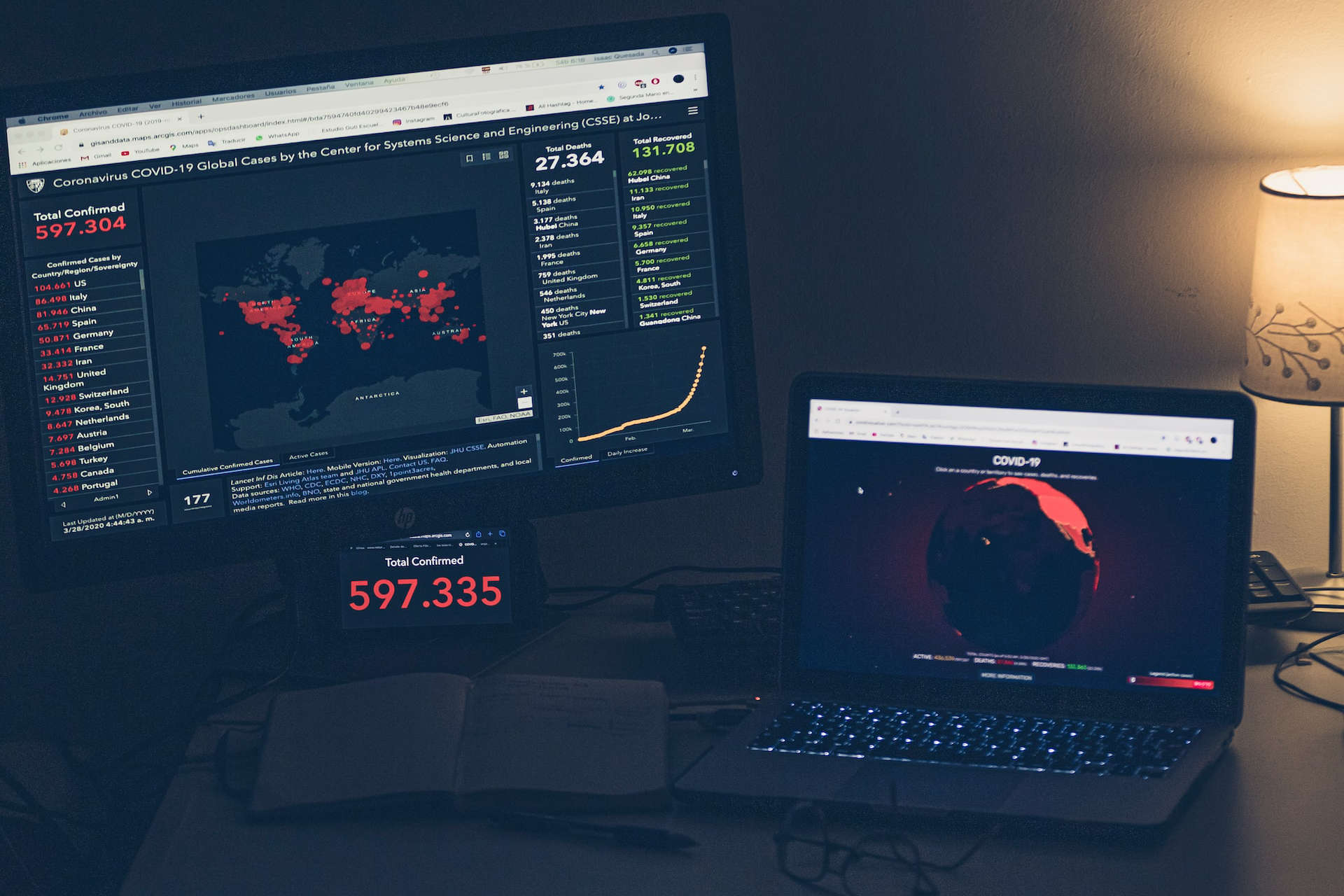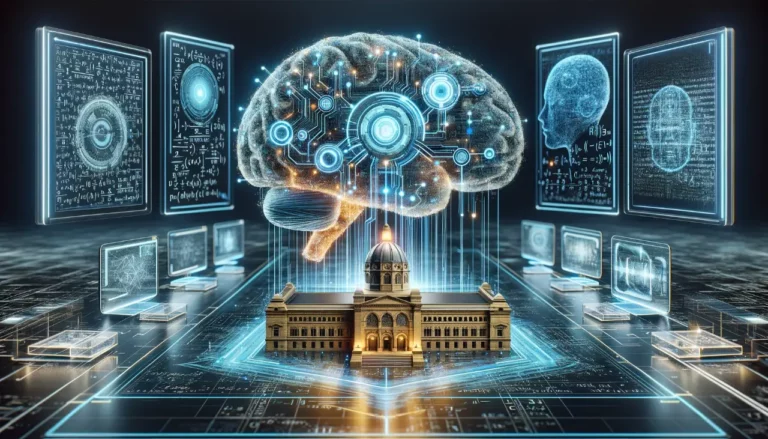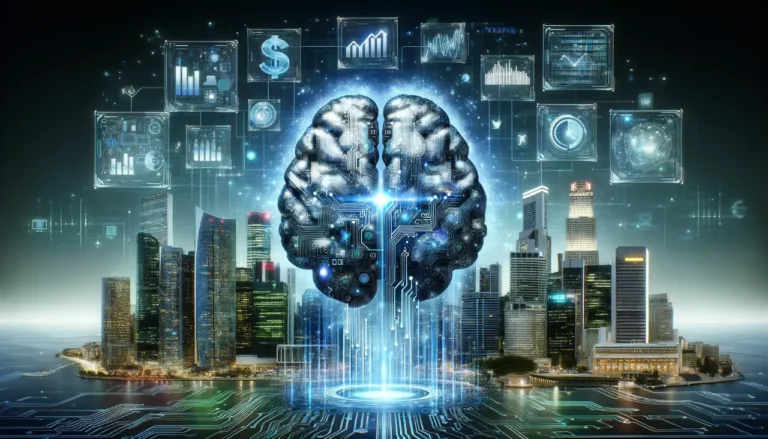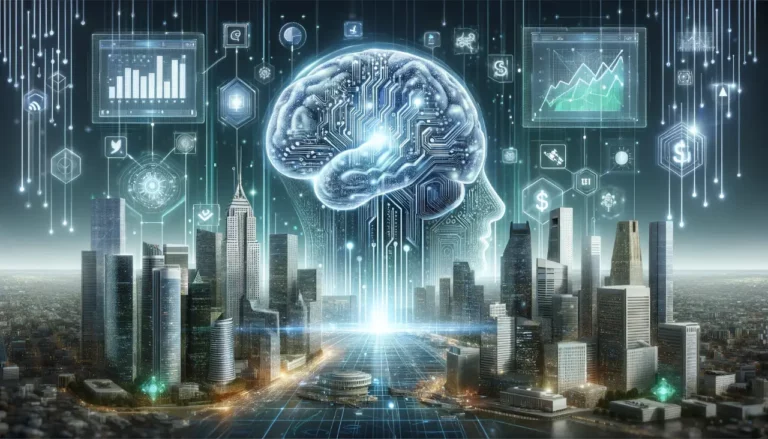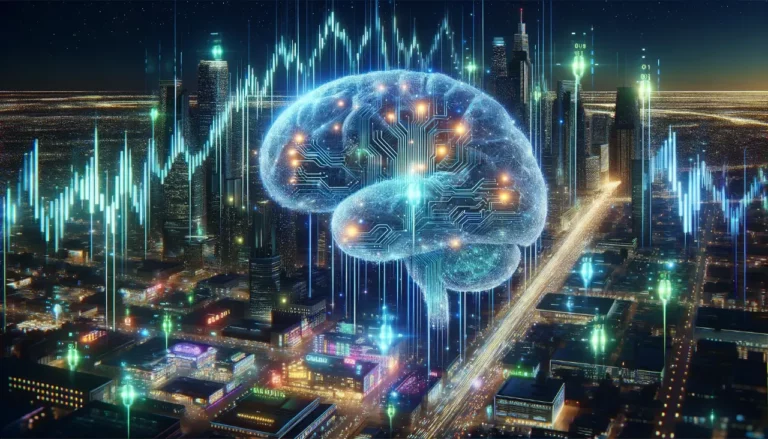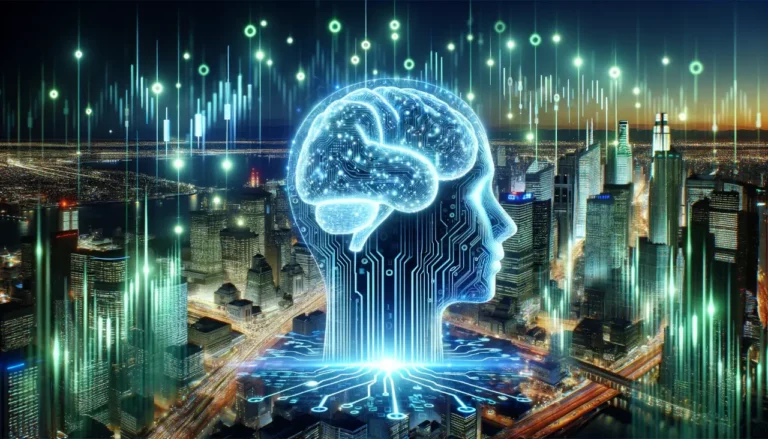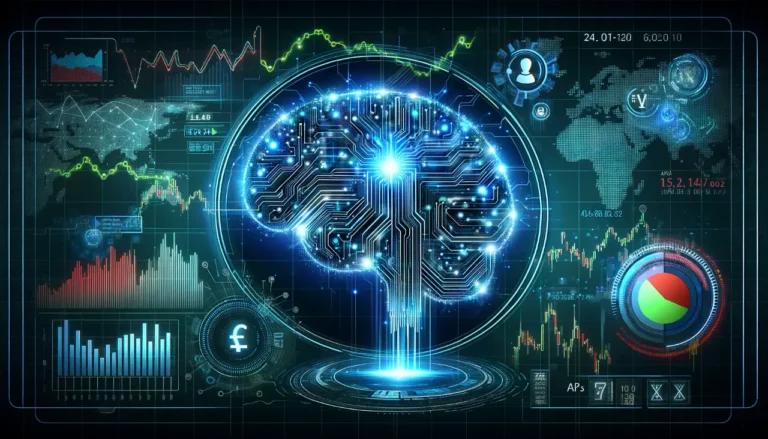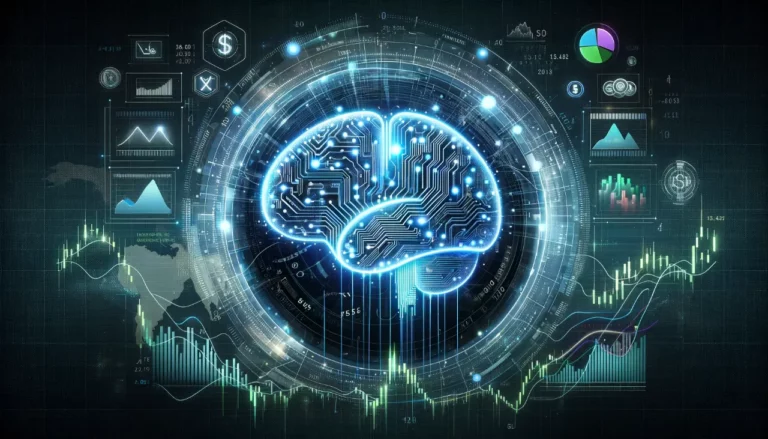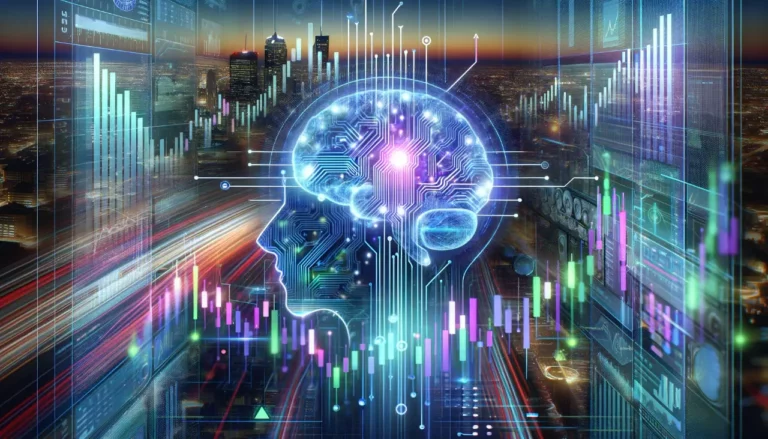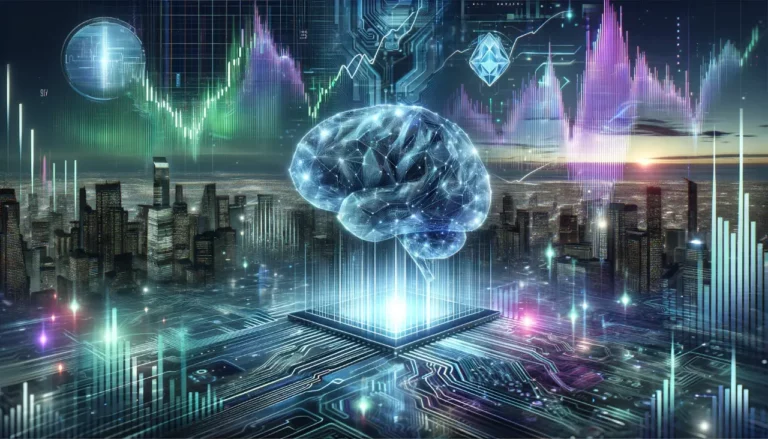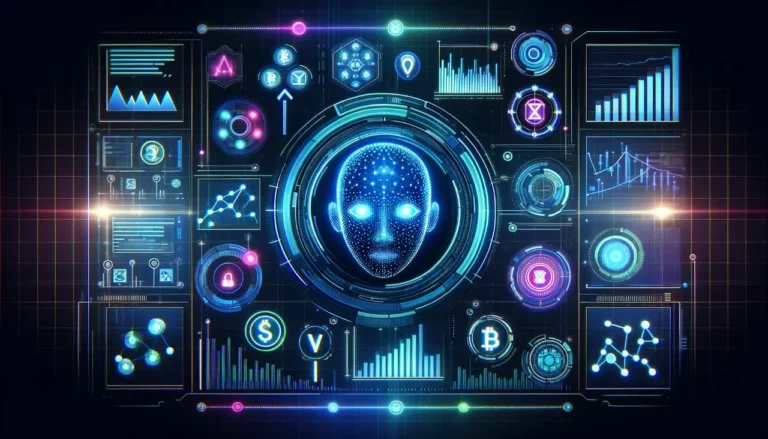Antivirus software powered by AI can augment resource-constrained cybersecurity teams, reduce response times, and provide consistent protection. It’s also capable of identifying patterns and connections that human analysts might miss.
Antivirus based on artificial intelligence safeguards your system from malware threats like spyware, Trojan horses, worms, adware, and root kits. Its in-built machine learning engine uses neural networks and a group of algorithms to prevent virus attacks.
1. Detecting New Malware
While traditional antivirus software uses signature detection, comparing new malware against a known database of virus definitions, AI can learn from new files and their behavior. This enables it to identify new malware variants and zero-day attacks, which take advantage of security flaws that have not yet been patched.
Machine learning algorithms learn about the characteristics of malicious files, such as their internal structure, compiler and text resources compiled into them. This information is used to create a set of rules that distinguishes between good and bad files, reducing the amount of human intervention required.
Cyber threats can take many forms, from phishing attacks to ransomware. To combat them, advanced malware detection needs to be able to detect and respond quickly. Using machine learning to analyze network traffic, file attributes and behavior, AI can rapidly detect suspicious patterns or anomalies that may indicate a threat and automate incident response and forensics processes.
This enables organizations to respond to threats in real time, such as isolating infected systems or blocking communication with malicious IP addresses, and can help reduce the number of false positives (alerts that are triggered by legitimate activity but incorrectly identified as a threat). In addition, AI can learn from past attack trends and proactively predict the most likely attack vectors for your organization so that it can prevent and protect against them.
2. Identifying Unusual Behavior
As cyberattacks continue to become more sophisticated, it’s becoming increasingly difficult for traditional antivirus software to detect and respond to them. As a result, cybersecurity experts are struggling to keep up with the number of threats and can often miss critical signals that an attack is underway.
AI-based antivirus programs can help to overcome this challenge by identifying unusual behavior. Instead of relying on signature-based detection (which compares a file to a database of known malware variants), machine learning algorithms analyze the internal structure, compiler settings, text resources compiled into the file, and more to identify anomalies that indicate the presence of malicious code.
Furthermore, AI can also analyze network traffic and identify suspicious patterns that may signify an attack. This real-time analysis can allow security teams to take action and mitigate the risk of an attack.
As hacker sophistication continues to rise, many antivirus solutions are turning to artificial intelligence in an effort to stay one step ahead of attackers. By using AI to think like a hacker, security software can better identify vulnerabilities that hackers would typically exploit and flag them for users to review. AI-based antivirus programs can also help to detect anomalies and unusual behavior by analyzing the current environment and comparing it to previous behaviors and attacks. This enables AI to form memory-based knowledge and make decisions based on experience.
3. Detecting Viruses in the Cloud
AI enables antivirus software to detect malware from the cloud. Previously, antivirus programs would need to run local scans on the computer system in order to detect viruses. But this can be time-consuming, especially if you are dealing with a widespread malware attack. AI, on the other hand, can analyze malware behavior and find patterns in this information at a much faster rate than humans can.
Additionally, AI-backed antivirus software can also identify new viruses as they emerge. This allows cybersecurity teams to take action quickly and prevent damage before it has a chance to occur.
This is important because cyberattacks are becoming more sophisticated than ever before. According to McAfee Labs, there are 588 malware threats detected every minute. With more people connecting to the internet, it is essential that we have security software that can protect against these attacks.
One of the biggest challenges for cybersecurity teams is keeping up with the rapid pace of change. AI can help automate processes and improve efficiency by freeing up time for employees to focus on other tasks that require human skills. For example, AI can perform repetitive tasks like data collection, customer-focused business, and email responses, so employees have more time to focus on complex analysis. This helps organizations reduce the risk of a data breach, which can have devastating consequences.
4. Detecting Viruses in Memory

The term artificial intelligence often conjures images of futuristic technology, but it is already a reality in antivirus software. AI is the key to advanced malware detection, enabling it to identify and prevent attacks from new and evolving threats.
While traditional antivirus programs can detect malware based on file and data signatures, the rate of new cyber threats is too rapid for human threat researchers to keep up with. Additionally, modern malware can hide from traditional security systems through evasive techniques like encryption, obfuscation, polymorphism, and metamorphism.
Antivirus software powered by AI can recognize these new threats by analyzing the behavior of malicious files. It can detect if a file is accessing sensitive information, modifying system files, or communicating with a command-and-control server. This behaviour-based analysis is a critical component of protecting your computer or mobile device from the latest malware attacks.
With the increase in ransomware attacks and other high-profile malware attacks, cybersecurity is a growing concern for many individuals and businesses. AI-powered antivirus software can detect threats that could cost you your hard drive or even your life. In addition to detecting malicious files, these intelligent tools can also protect you from dangerous websites and stop your devices from downloading potentially harmful content. They can also help healthcare organizations maintain HIPAA compliance by securing their networks and medical devices from cyberattacks.

